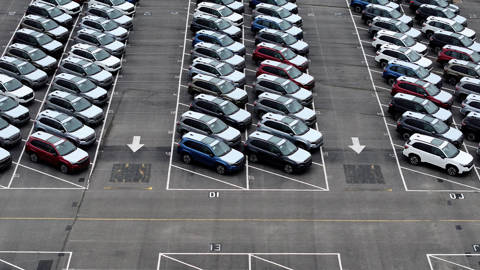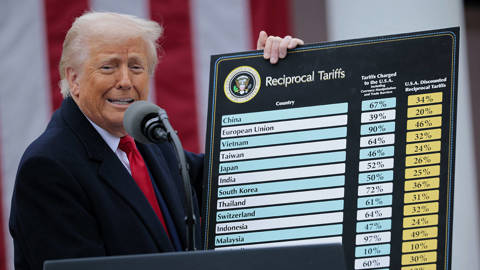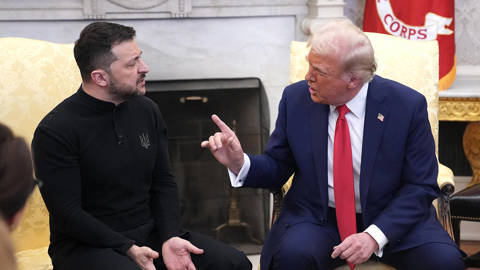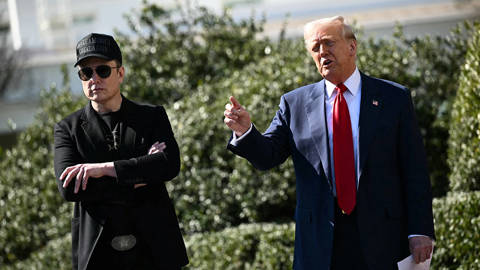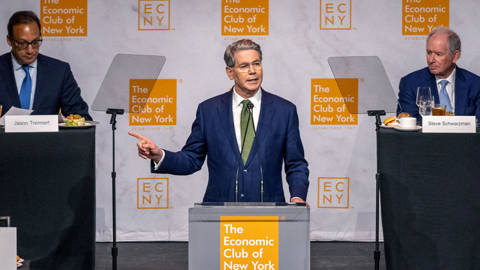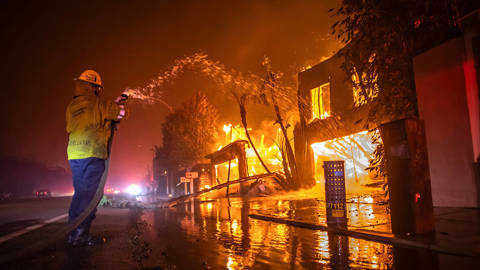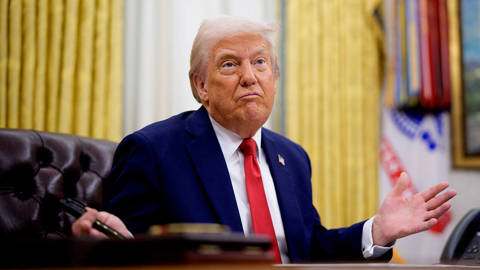Yu Yongding
Yu Yongding, a former president of the China Society of World Economics and director of the Institute of World Economics and Politics at the Chinese Academy of Social Sciences, served on the Monetary Policy Committee of the People’s Bank of China from 2004 to 2006.
-
Can America Maintain External Sustainability?
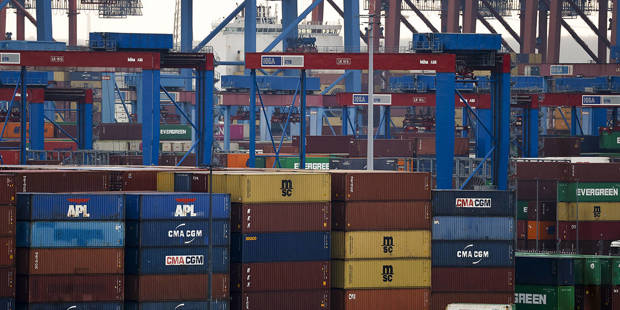
Can America Maintain External Sustainability?
Feb 28, 2025 Yu Yongding explains why demand for foreign capital inflows to offset the country’s savings shortfall may go unmet.
-
China’s Economy Needs a Stimulus Package
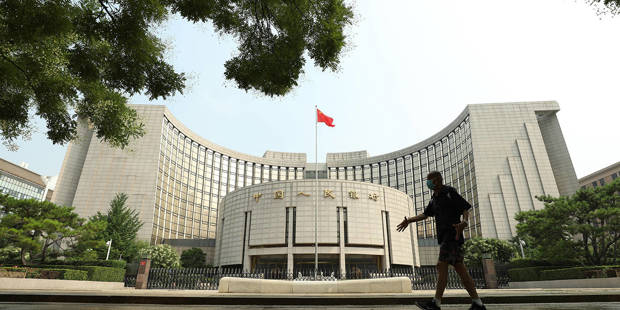
China’s Economy Needs a Stimulus Package
Oct 2, 2024 Yu Yongding urges policymakers to prevent prolonged stagnation by implementing expansionary monetary and fiscal policies.
-
How to Reduce Chinese Overcapacity

How to Reduce Chinese Overcapacity
Jul 30, 2024 Yu Yongding thinks fiscal and monetary expansion could help address a controversial feature of China’s economy.
-
What the China Pessimists Are Getting Wrong

What the China Pessimists Are Getting Wrong
May 21, 2024 Yu Yongding rejects gloomy narratives about the economy’s prospects and proposes ways to revive growth.
-
Can China Reach Its 2024 Growth Target?
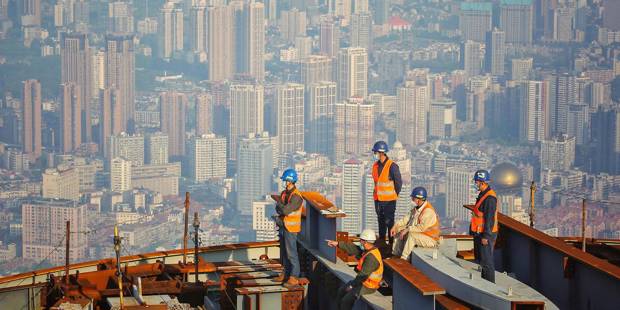
Can China Reach Its 2024 Growth Target?
Apr 4, 2024 Yu Yongding argues that, beyond encouraging consumption, the government must ramp up spending on infrastructure this year.
